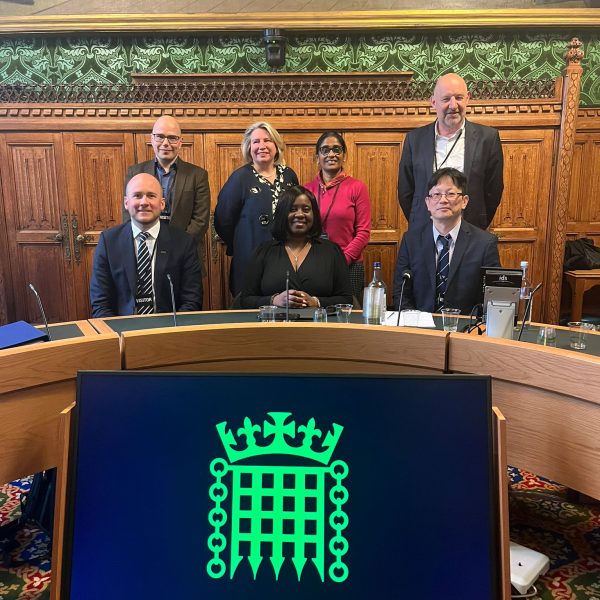College response to announcement that NHS England is to be abolished
Read our response to this week's announcement from the government
Read the latest RCOphth news updates and guidance here.
Read our response to this week's announcement from the government
This month saw the launch of the National Clinical Strategy for Ophthalmology for Wales. Our Llywydd (lead for the College in Wales) Rhianon Reynolds was instrumental in the strategy’s development. In this exclusive blog she discusses the lessons she learnt from the process and outlines why she thinks the strategy can be valuable for all eye care professionals, not just those working in Wales.
Launched on 14 October, the National Clinical Strategy for Ophthalmology presents a clinically-led case for a new model of eye care across Wales. College Llywydd Rhianon Reynolds, who is also National Clinical lead for Ophthalmology in Wales and a consultant ophthalmologist at Aneurin Bevan University Health Board, led on the development of the strategy. Here she highlights 10 facts about the strategy that all College members should be aware of.
We are today publishing our three-step plan to future-proof NHS ophthalmology and are calling on politicians and policymakers to follow our recommendations to secure a sustainable and comprehensive eyecare service for people across the UK.

As we enter an election year, it is imperative we build on the momentum from 2023 to strengthen ophthalmology services, training and research in the UK.

The Royal College of Ophthalmologists has written to Health Minister Will Quince MP to express our support for the extension of independent prescribing responsibilities to orthoptists. The British and Irish Orthoptic Society has previously advocated for these responsibilities, including in a letter to the Secretary of State.

The Department of Health and Social Care has today published its Elective recovery taskforce implementation plan. The plan covers England and focuses on ‘increasing the use of independent sector capacity across a broader range of specialties, helping to get NHS waiting times down and ensuring every patient can realise their right to choose where they receive their NHS care’.

In November 2022, The Royal College of Ophthalmologists Paediatric Sub-committee held a series of focus groups to explore the challenges facing paediatric eye care and identify possible solutions to secure the future of the workforce. Following the conclusion of these focus groups, the RCOphth has produced ‘Improving the visibility of paediatric ophthalmology: A workforce report‘ detailing key findings

The Royal College of Ophthalmologists last week hosted a webinar with King’s Mill Hospital Ophthalmology Department and NHS England’s Outpatient Recovery and Transformation team to explore how ophthalmology patient-initiated follow-up (PIFU) can be successfully implemented. The session, held following the publication of the King’s Mill PIFU case study and attended by almost 100 people from a range of professions, saw an expert panel deliver presentations on the role PIFU can play in increasing capacity as part of a wider set of actions, followed by an audience Q&A.

The Royal College of Ophthalmologists President, Professor Bernie Chang, joined the All-Party Parliamentary Group for Eye Health and Visual Impairment to deliver a presentation on the findings of the College’s 2022 workforce census. Joining Parliamentarians and sector leaders, Professor Chang detailed the extent of the workforce shortages in ophthalmology and the event also saw presentations from the College of Optometrists, the Association of Optometrists, and Guys and St Thomas’ Hospital about workforce challenges and solutions in their areas.